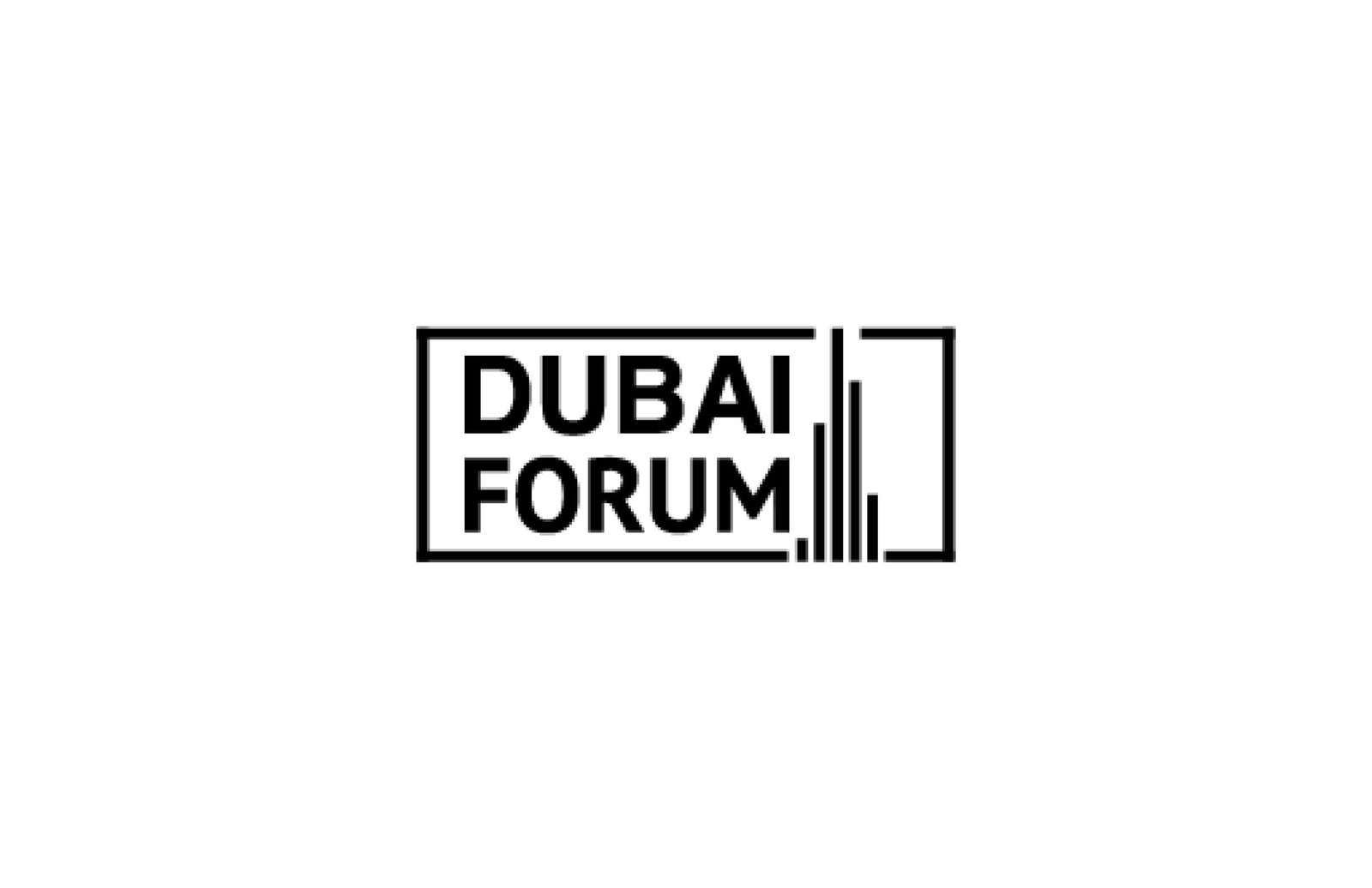The Future of Real Estate in the GCC: Trends, Challenges, and Opportunities
The Gulf Cooperation Council (GCC) region, comprising six member states—Bahrain, Kuwait, Oman, Qatar, Saudi Arabia, and the United Arab Emirates—has long been an epicenter of economic transformation, spurred on by booming oil revenues and substantial foreign investments. In recent years, real estate has emerged as a multifaceted pillar of this economic landscape, signifying both a bastion for domestic development and a magnet for international players. As the region adjusts to global economic shifts and local regulatory changes, the prospects for its real estate sector warrant a thorough examination.
Navigating Post-Pandemic Recovery
The COVID-19 pandemic has left an indelible mark on global markets, yet GCC nations have shown surprising resilience in their real estate sectors. Amidst a challenging backdrop of economic uncertainty, properties—particularly within the residential and commercial segments—have begun to rebound. As remote work and digital business models continue to evolve, the demand for flexible workspaces and residential options has surged.
Numerous developers have responded to these changing dynamics by re-assessing their portfolios and focusing on mixed-use projects that can accommodate both residential and commercial needs in close proximity. For instance, Dubai and Abu Dhabi have made significant strides in translating urban plans into reality, pushing forward with mega-projects that align with Vision 2030 diversification strategies.
Regulatory Reforms Fueling Growth
One of the most notable drivers of growth within the GCC real estate market has been the substantial regulatory reforms enacted by various governments. In recent years, countries like Saudi Arabia and the UAE have liberalized their property ownership laws, allowing more foreign investors—and expats—to acquire property outright.
Saudi Arabia’s efforts to promote home ownership among its citizens are encapsulated in the “Housing Program,” which seeks to increase the home ownership rate to 70% by 2030. This initiative has led to a surge in demand for new housing projects, fostering partnerships between private developers and public entities. Moreover, the establishment of property regulatory bodies aims to enhance the transparency and functionality of the market.
Similarly, the UAE has introduced several long-term visas aimed at expatriates and investors, incentivizing them to make the Emirates their home. The “Golden Visa” scheme, which provides residency to property investors for a minimum investment, reflects the country’s strategy of fostering a vibrant multicultural environment conducive to growth.
Sustainability and Innovation in Development
As sustainability takes center stage in global discourse, the real estate sector in the GCC is pivoting towards eco-friendly developments that meet both social expectations and environmental standards. Regional governments are promoting sustainable urban development through the implementation of stringent regulations related to energy efficiency and resource conservation.
Innovative technologies such as artificial intelligence and green building materials now play a vital role in new projects. Smart home technologies and eco-friendly building designs are no longer optional; they have become integral elements of residential developments. For example, the “smart city” initiatives in Saudi Arabia align with its ambitious plans to develop NEOM, a transformative project that aims to integrate cutting-edge technology with sustainability.
Challenges to Overcome
Despite these promising trends, the GCC real estate market is not without its challenges. The volatility of oil prices, changing demographics, and the need for consistent regulatory frameworks can create unpredictability. Additionally, larger global economic trends such as inflation and shifts in consumer preferences necessitate agile responses from developers and investors alike.
Moreover, there exists a pressing concern regarding over-supply in certain markets. Investors must remain vigilant, as excessive inventory can lead to price declines, affecting the entire sector. It is crucial for stakeholders to employ robust market research and demand forecasting methodologies to mitigate these risks.
The Road Ahead
As the GCC continues on this path of transformation, the confluence of innovative development, regulatory change, and a strong push towards sustainability will likely shape the future of its real estate sector. For investors and developers, understanding these trends not only presents formidable opportunities but also requires a concerted effort to remain adaptable in a rapidly evolving landscape.
In conclusion, the real estate market in the GCC is poised for exciting developments, reflecting larger global trends while remaining influenced by localized events and governmental initiatives. The coming years will undoubtedly reveal the region’s capacity to innovate and evolve amidst both challenges and opportunities.
—
Tags: #RealEstateNews, #EconomyNews, #UAE, #Saudi

